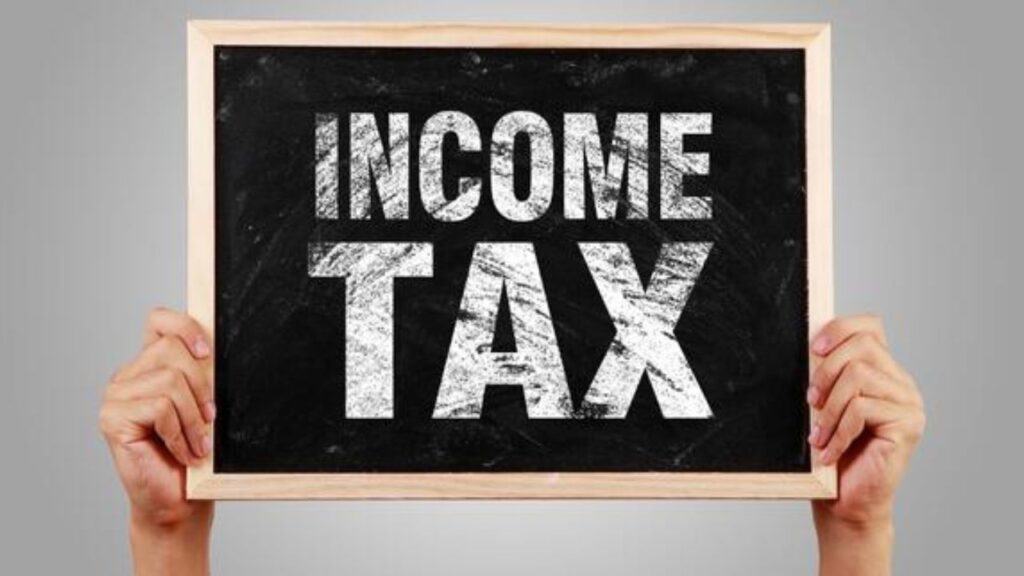The state of Michigan has decided to raise the income tax rate for its residents from 4.05% to 4.25% in 2024. This decision was made after a legal dispute over whether the tax cut that was implemented in 2023 was temporary or permanent. The tax cut was triggered by a 2015 law that linked the income tax rate to the state revenue growth.
However, the state revenue increased in 2023 due to the federal COVID-19 relief, which was not expected to last. Therefore, the governor and the attorney general argued that the tax cut should only apply for one year, while some lawmakers and taxpayers sued to make it permanent. A Court of Claims judge ruled in favor of the state, allowing the tax rate to revert back to its default level in 2024.
Implications
The income tax rate change will have different implications for different groups of people. For the state government, the tax increase will mean more revenue to fund public services and programs. According to the state treasurer, the lower tax rate in 2023 resulted in a $714 million decrease in state revenue.
By restoring the tax rate to 4.25%, the state expects to collect an additional $200 million in 2024. The state also argues that the tax increase will not affect the majority of taxpayers, as the average tax liability will only increase by $30 per year.
For the taxpayers, the tax increase will mean less money in their pockets. Some taxpayers may feel that the tax cut was a promise that was broken by the state. They may also question the fairness of the tax increase, as it will affect all income levels equally, regardless of their ability to pay. Some taxpayers may also worry about the impact of the tax increase on the economic recovery, as it may reduce consumer spending and business investment.
Conclusion
The state of Michigan has decided to raise the income tax rate for its residents from 4.05% to 4.25% in 2024, after a legal battle over the temporary nature of the tax cut in 2023. The tax increase will have both positive and negative effects for the state and the taxpayers.
The state will gain more revenue to fund its budget, while the taxpayers will lose some of their disposable income. The tax increase will also raise questions about the fairness and the economic impact of the tax policy. The state of Michigan will have to balance its fiscal needs with the concerns of its citizens in the future.


